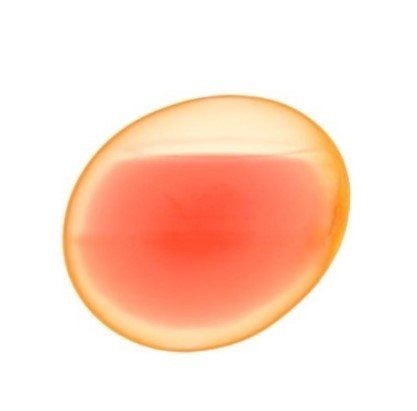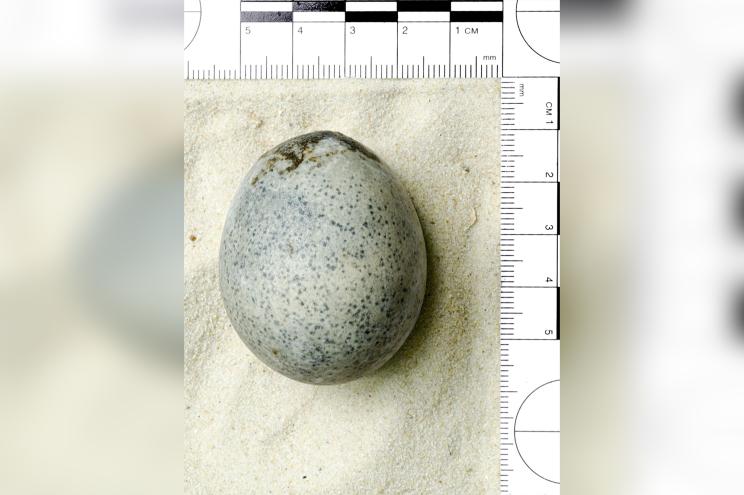An egg that was preserved for more than 1,700 years was found to still contain liquid yolk.
The “very rare” egg, likely laid by a chicken, was unearthed in England between 2007 and 2016, during excavations that took place at a site known as Berryfields in Buckinghamshire, an Iron Age settlement with an important Roman road in the Southeastern part of the country, Newsweek reported.
At the time, archaeologists happened upon a pit filled with water, which may have been used as a wishing well, that dated back to somewhere between A.D. 270 and A.D. 300, when Britain was part of the Roman Empire.

Inside the pit, they found a treasure trove of artifacts, including pottery, coins, leather shoes, animal bones and a woven basket containing four eggs.
Three of the eggs disintegrated as they were excavating, but one remained intact.
A CT scan of the egg by the University of Kent found that it still contained the yolk and egg white.
“In Britain, this was a unique find,” Edward Biddulph, senior project manager with Oxford Archaeology, a foundation involved in the excavations, told the outlet.
It is now thought to be the only intact egg from that time period.
“We were all amazed to hear that the egg is even rarer than we had realized, and with its intact liquid center is the only known example of its type in the world,” Buckinghamshire Council’s Heritage and Archaeology Team’s blog post read.








